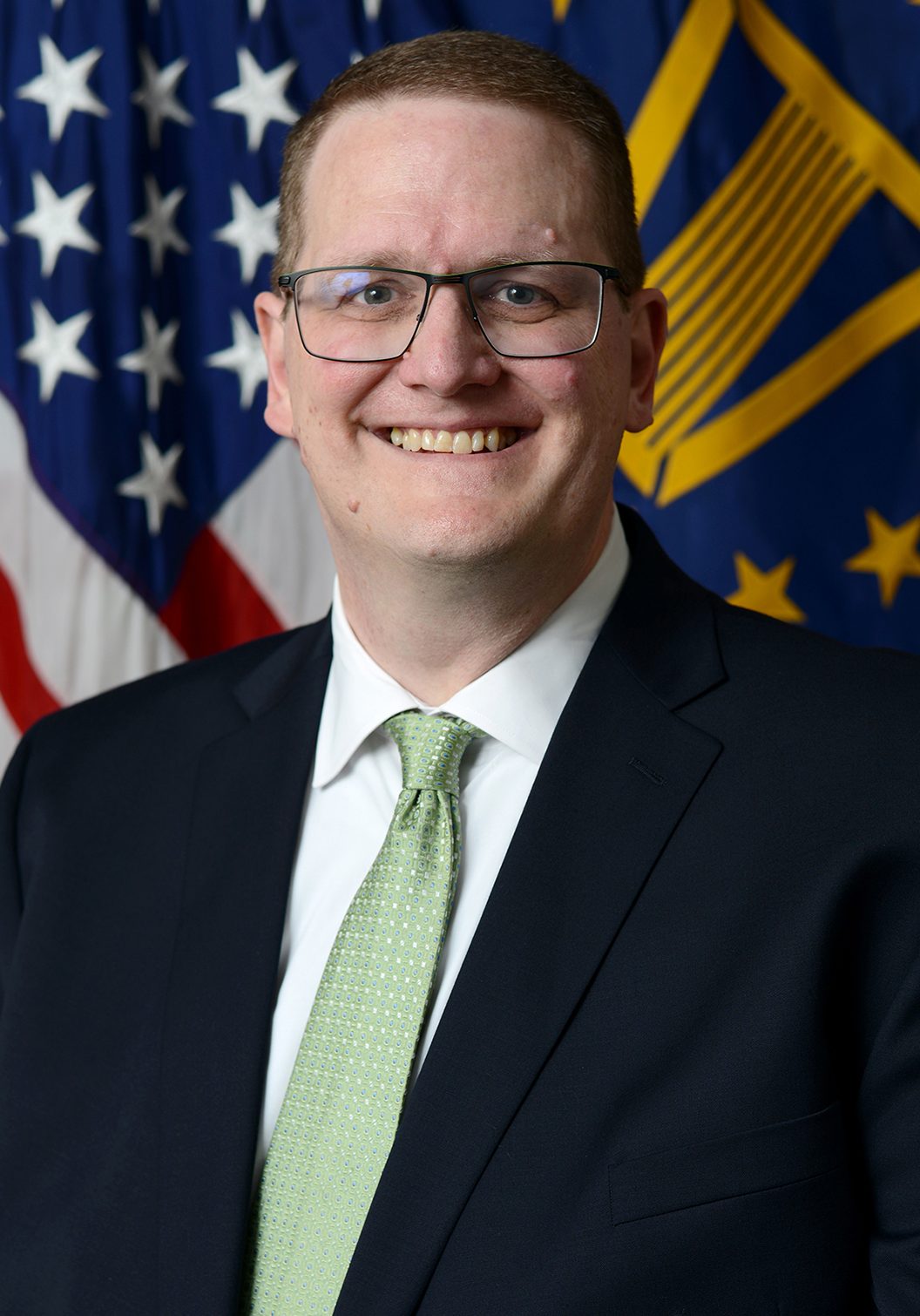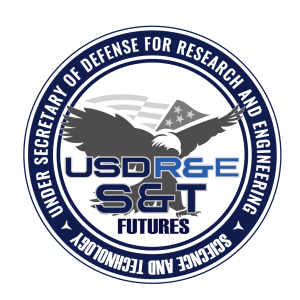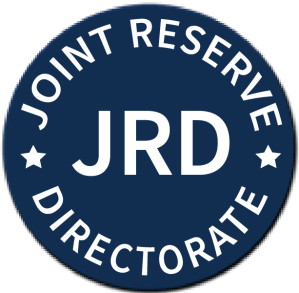 Science & Technology Foundations
Science & Technology Foundations
The Office of S&T Foundations fosters an innovation-driven defense enterprise through leading-edge research programs, stewardship of laboratories and research institutions, development of a superior science and engineering workforce, engagement with industry, academia, and other Government agencies, and cooperation with international allies and partners.
The Office of S&T Futures champions DoD research and development in emerging technology areas and oversees efforts to evolve the supporting industrial base. The Deputy Assistant Secretary of Defense for S&T Futures serves as the lead for the DoD S&T Communities of Interest and as the Deputy for the US-UK Science and Technology Defense Review (US-UK S&T Stocktake).
 Science & Technology Program Protection
Science & Technology Program Protection
The Office of S&T Program Protection guards the Nation’s technology advantage and counters unwanted technology transfer to ensure warfighter dominance through assured, secure, and resilient systems and a healthy, viable national security innovation base.
Defense Technical Information Center
DTIC collects, disseminates, and analyzes scientific and technical information to deliver the knowledge base that underpins the development of warfighter capabilities. DTIC manages DoD's sole centralized S&T repository of 4.6M+ documents from across the Services and Defense Agencies; provides reliable access to unclassified, controlled, and classified S&T information to verified users; and, via the DoD Information Analysis Centers, solves technology challenges through rapid, flexible, and low-cost research services.
Scientific Integrity is the adherence to professional practices, ethical behavior, and the principles of honesty and objectivity when conducting, managing, using the results of, and communicating about science and scientific activities.
The Joint Reserve Directorate (JRD) enhances OSD operations and decision-making by providing expertise on emerging and innovative concepts, technologies, strategies, and practices not traditionally available to the Department’s research and engineering leaders.
The Reliance 21 Initiative ensures integrated and coordinated strategic planning for the Department’s S&T program. Leveraging the collaborative efforts of OSD, the Joint Staff, the Military Departments, and the Defense Agencies through the Department’s Communities of Interest, Reliance 21 works to align DoD S&T investments to support warfighter priorities and close capability gaps.

FVEY S&T
FVEY S&T is a five-nation partnership that harnesses technology innovation to address the defense and security needs of Australia, Canada, New Zealand, the United Kingdom, and the United States. The multilateral network serves as an access point to thousands of defense scientists, engineers, and technologists across the partner countries. OASD(S&T) provides the U.S. Principal and Deputy to the forum.

The US-UK Science and Technology Defense Review, also known as the US-UK S&T Stocktake, strategically directs and balances short- and long-term S&T priorities, responds to emerging threats and opportunities, and ensures that collaborative activities complement those done in wider multilateral engagements. OASD(S&T) provides the U.S. Principal and Deputy to the US-UK S&T Stocktake.







